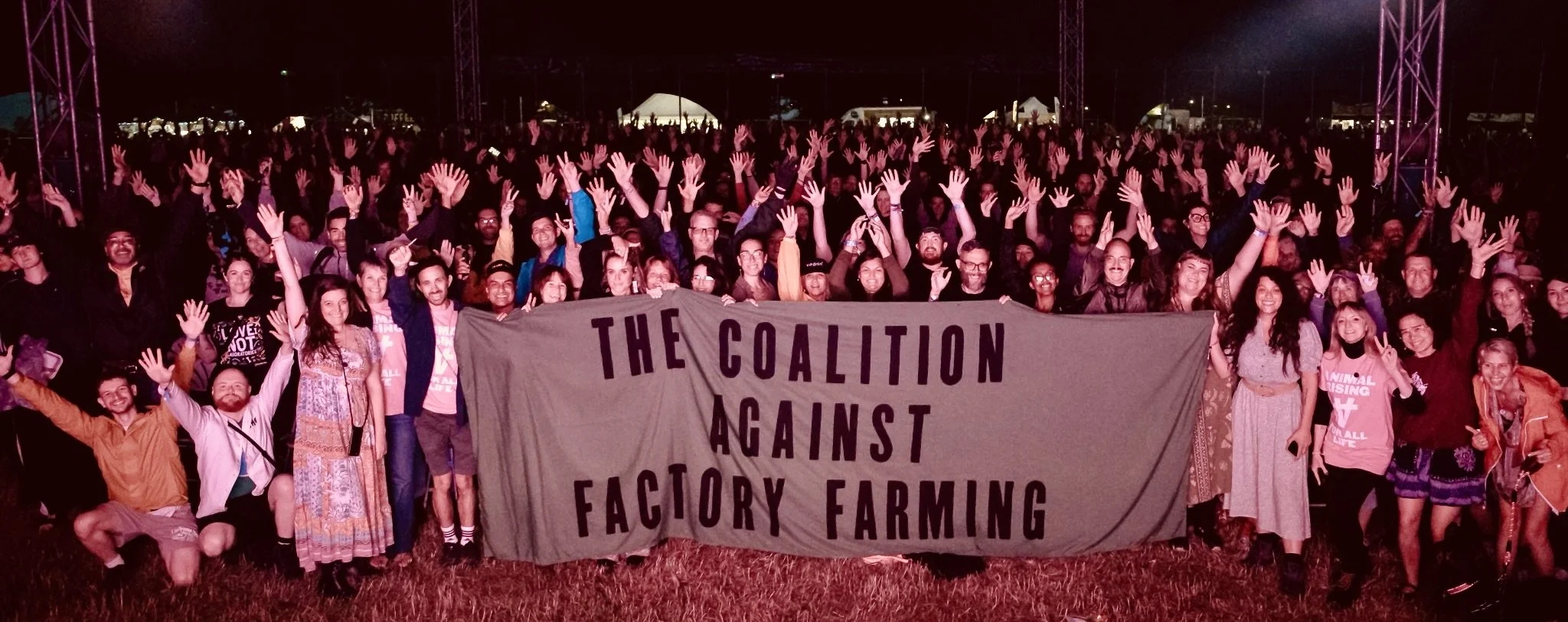We’re holding the intensive dairy industry to account
The expansion of Northcombe Dairy Farm was approved in October 2025 without the proper assessment of water pollution or climate impacts.
Our legal challenge could set national precedent, forcing councils to assess the full environmental harm of intensive farms.
Every pound you give is doubled.

Communities Against Factory Farming
STANDING TOGETHER AGAINST FACTORY FARMS.
We support people locally to challenge new factory farm planning applications and aim to end factory farming.
ACTIVE CAMPAIGNS
Object to factory farm planning applications.
CAFF CAMPAIGNS MAP
This is where we are fighting factory farming
Impacts of living next to a factory farm
Residents living next to a factory farm share their experience….
